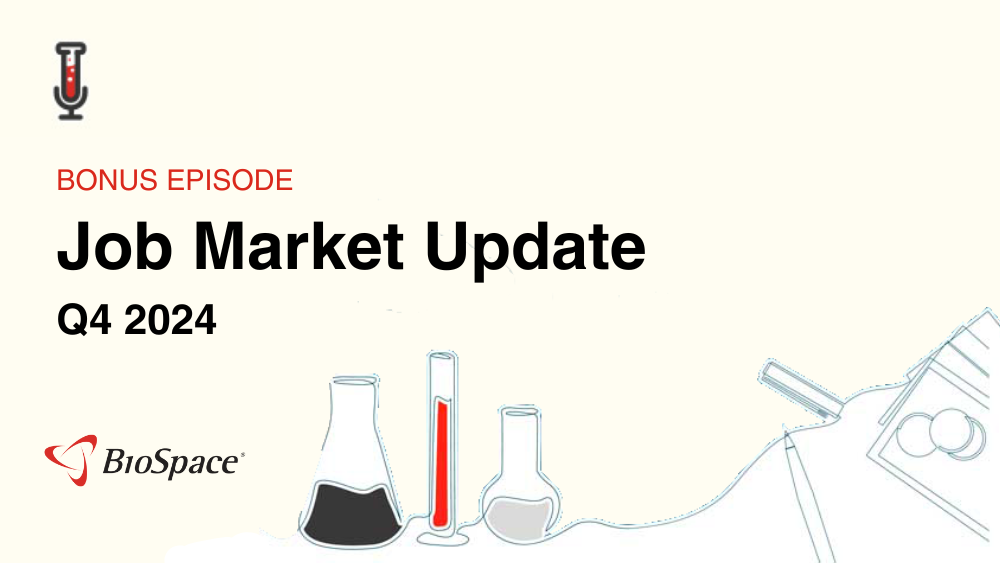News
Investor optimism has waned as final minutes from uniQure’s pre-BLA meeting with the FDA convey that data from the company’s Phase I/II studies of AMT-130 are “unlikely” to provide the primary evidence to support a biologics license application.
FEATURED STORIES
The industry’s ability to generate a return on billions of dollars of investment rests on a heavily regulated supply chain defined by time-pressured logistics.
Priority voucher awardees and regulators could feel pressure to “meet the moment” as FDA watchers question the intent and feasibility of the Commissioner’s National Priority Voucher program.
Through substantial leadership turnover and workforce cuts, the FDA has continued to support the advanced therapy sector, actively working to remove obstacles to innovation.
Job Trends
Looking for a biopharma job in New Jersey? Check out the BioSpace list of eight companies hiring life sciences professionals like you.
FROM OUR EDITORS
Read our takes on the biggest stories happening in the industry.
The European Society for Medical Oncology’s annual meeting this week featured the hottest emergent areas of cancer treatment—antibody-drug conjugates, bispecifics and radiopharmaceuticals—while anti-TIGIT therapies made a bit of a comeback.
THE LATEST
Tecvayli plus Darzalex led to an 83% boost to progression-free survival versus the current standard therapy in relapsed or refractory multiple myeloma, results analysts at Guggenheim Securities called “remarkable.”
Richard Pazdur, the new director of the Center for Drug Evaluation and Research, raised concerns amid the rollout of several FDA initiatives seeking to shorten the drug review process.
Alicia Jackson formerly served as deputy director of the Biological Technologies Office at the Defense Advanced Research Projects Agency.
Experts suggest the FDA’s Advanced Manufacturing Technologies designation could be a lifeline for improving production processes for approved cell and gene therapies.
Johnson & Johnson will discontinue the Phase II Auτonomy study of posdinemab after a scheduled review found the anti-tau antibody failed to slow clinical decline in patients with early Alzheimer’s disease.
Analysts agree that the failure of Novo Nordisk’s semaglutide to reduce Alzheimer’s disease progression removes a “modest” or “perceived” overhang on Biogen and the anti-amyloid antibody class in general, clearing the way for increased uptake of Leqembi and Eli Lilly’s Kisunla.
“We felt we had a responsibility to explore semaglutide’s potential, despite a low likelihood of success,” Martin Holst Lange, Novo’s R&D chief, said on Monday.
NervGen will meet with the FDA early next year to align on a regulatory path forward for NVG-291 in chronic spinal cord injury.
Asundexian’s Phase III win could also bode well for Bristol Myers Squibb, which is also developing a Factor XIa inhibitor called milvexian for stroke prevention, analysts said.
A source familiar with the matter said the White House initially requested the resignation of Sanjula Jain-Nagpal, a policy and research official at the FDA.






















